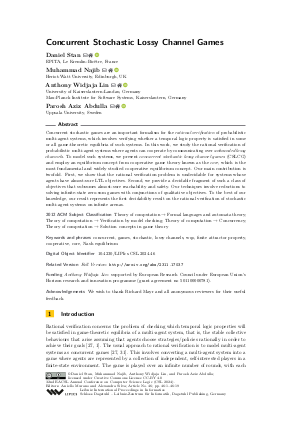LIPIcs.CSL.2024.46.pdf
- Filesize: 0.88 MB
- 19 pages

 Creative Commons Attribution 4.0 International license
Creative Commons Attribution 4.0 International license














Feedback for Dagstuhl Publishing